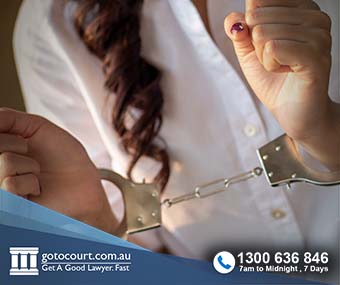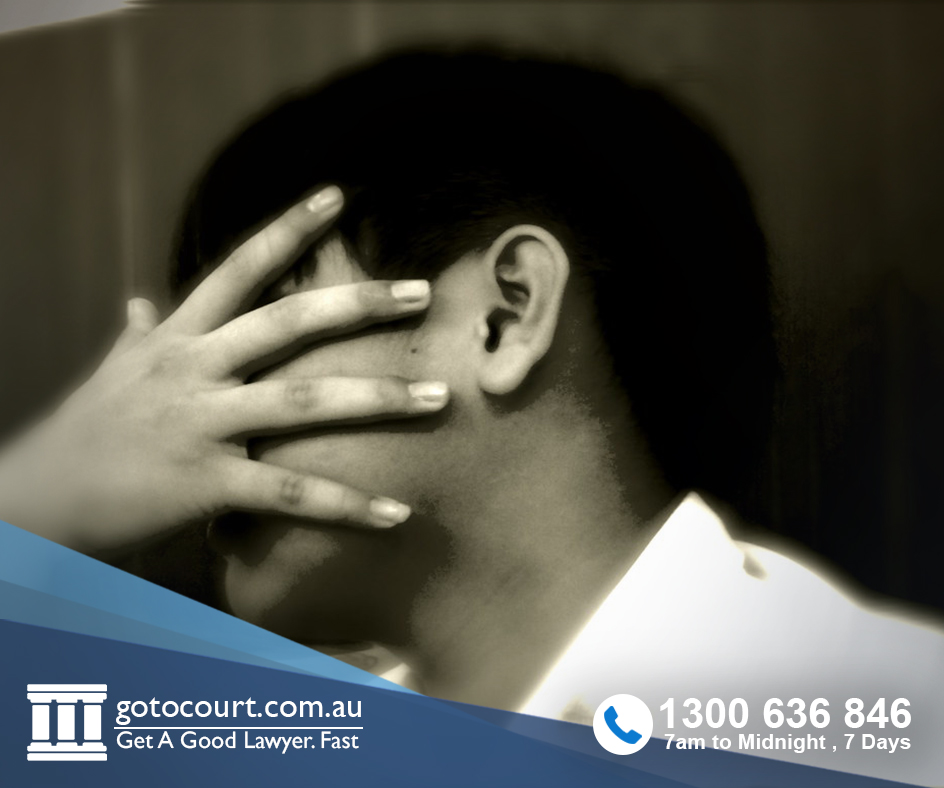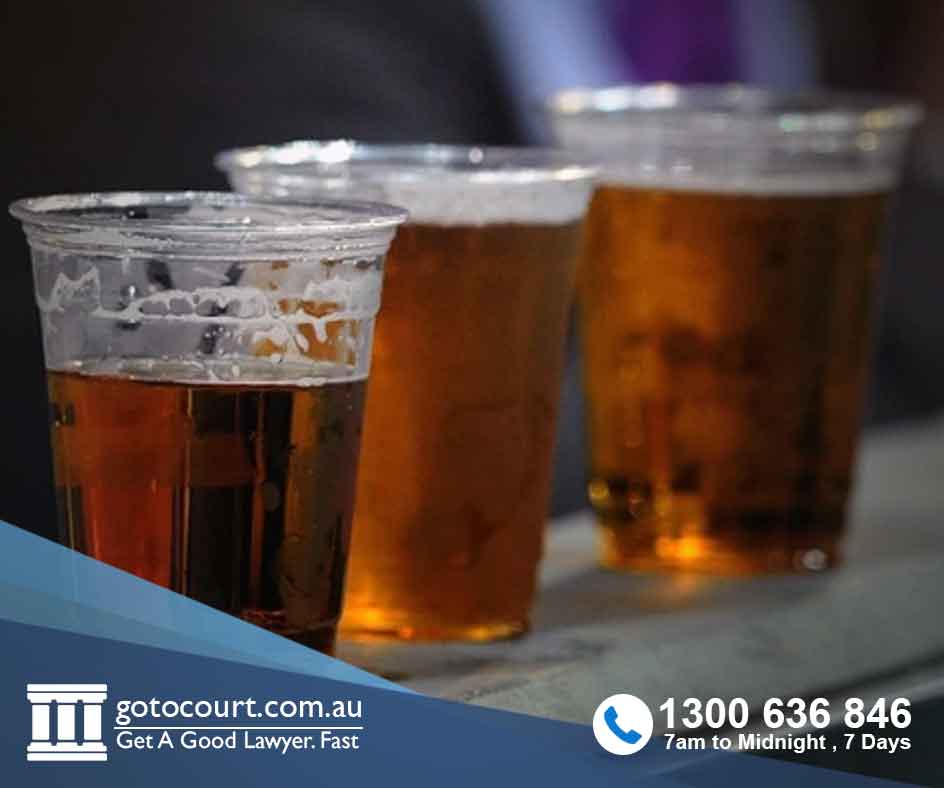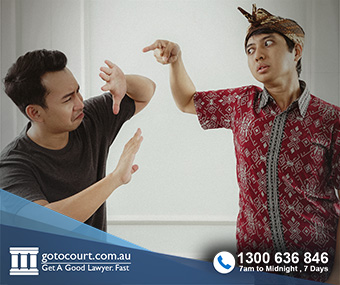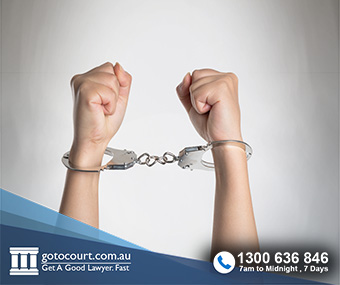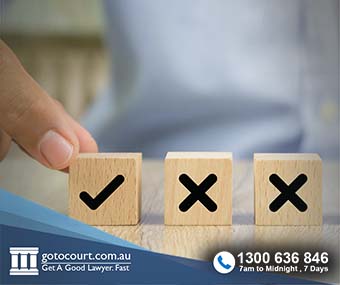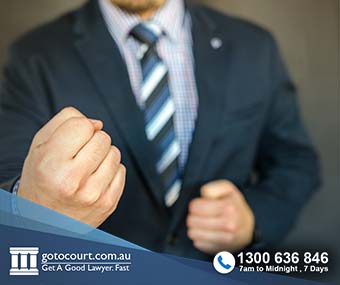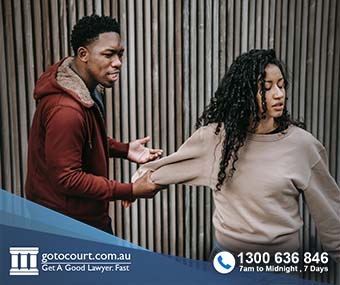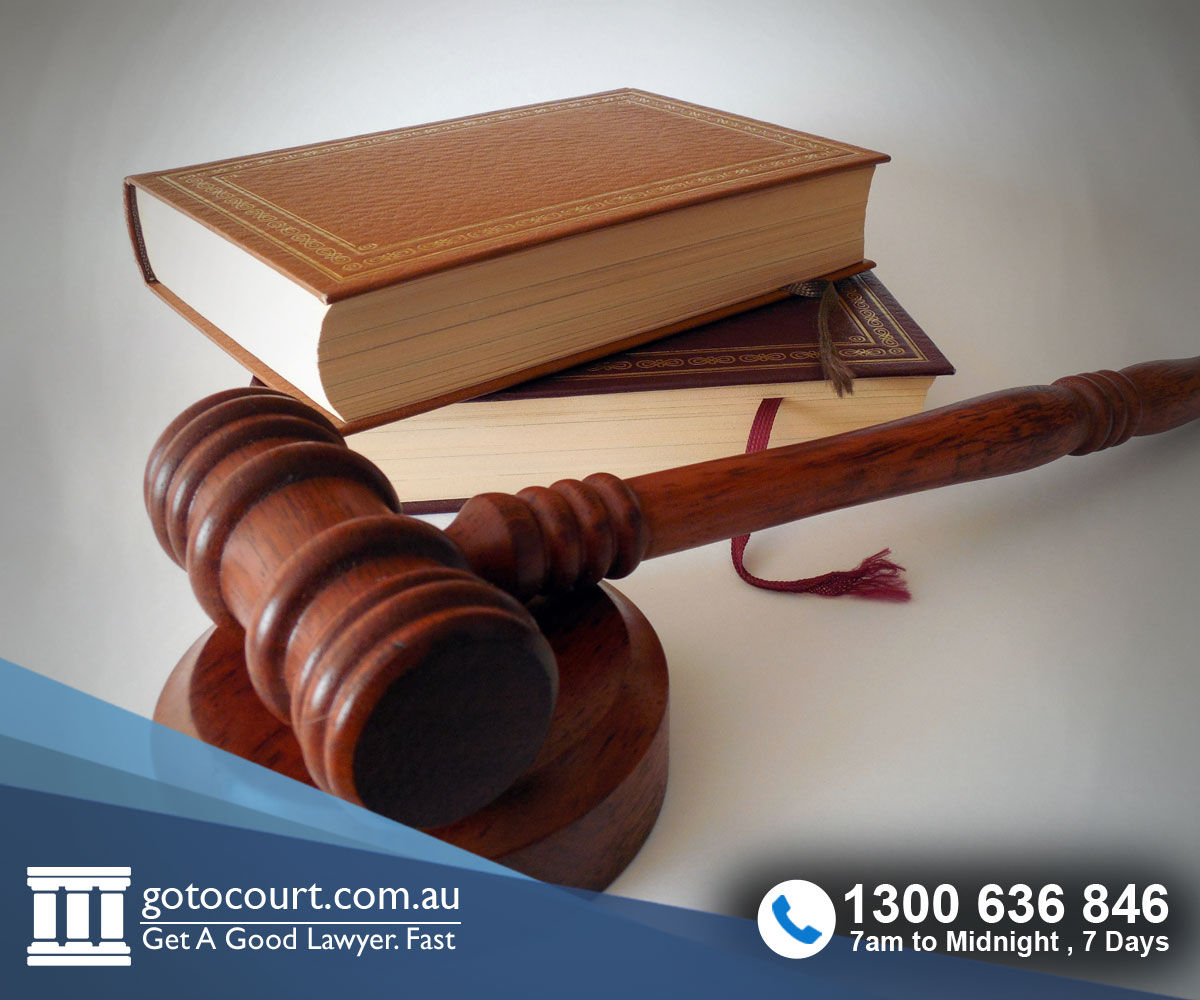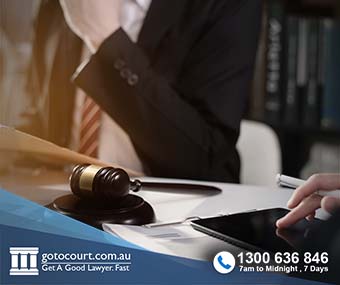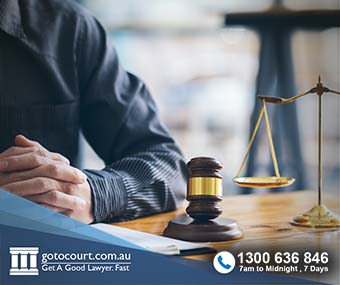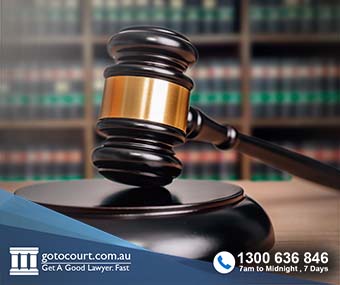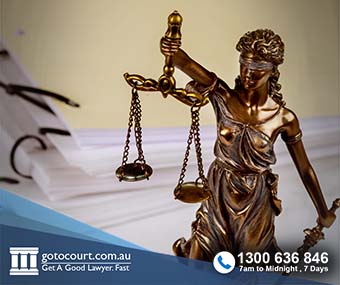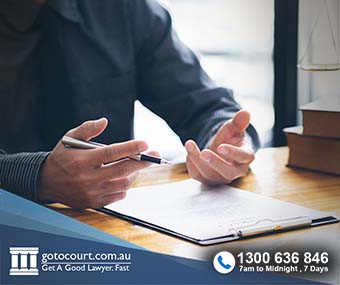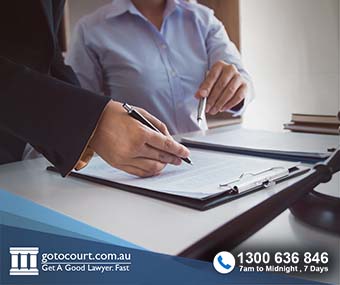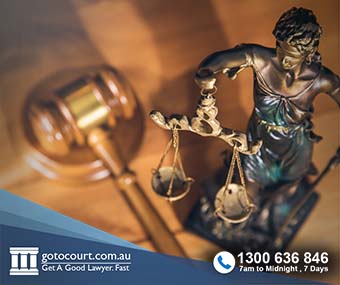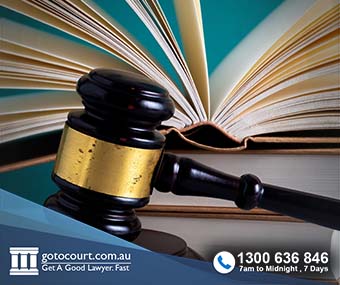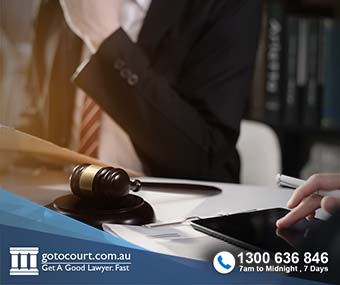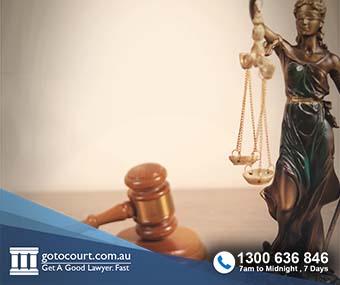Call our lawyers
now
or,
have our lawyers
call you
The Defence of Self-Defence (NSW)
Updated on Jan 11, 2023 • 4 min read • 340 views • Copy Link
The Defence of Self-Defence (NSW)
The law recognises a person’s right to protect themselves when they are being physically attacked or are faced with a threat of physical violence. The extent to which it is permissible to use violence in self-defence depends on the circumstances and the extent of the threat faced. In New South Wales, the defence of self-defence was codified in the Crimes Act in 2001.
When is it lawful to act in self-defence?
Section 418 of the Crimes Act 1900 provides that a person is not criminally responsible for an offence if the person carries out the offence in self-defence.
A person carries out an offence in self-defence if the person believes their actions are necessary
- To defend themselves or another person;
- To prevent or end the unlawful deprivation of liberty;
- To protect property;
- To prevent criminal trespass to land or premises
And the conduct is a reasonable response to the circumstances as the person perceives them.
A person faced with a threat and acting in the heat of the moment is not expected to ‘weigh the exact measure’ of force that is appropriate to use in self-defence. Rather, the law allows for a person to use a degree of force that is proportionate to the threat being faced as the person perceives it at the time. In other words, the response is to be assessed based on the circumstances as they appeared at the time of the act and not with the benefit of hindsight.
Burden of proof
Once the defence of self-defence is raised, the prosecution must prove beyond a reasonable doubt that the accused was not acting in self-defence. It is not up to the defence to prove that the accused was acting in self-defence. If the possibility that the offence was committed in self-defence cannot be excluded, the accused must be found not guilty.
For self-defence to be raised, there must be sufficient evidence to support a reasonable doubt in the mind of the judge or jury that the prosecution has excluded self-defence.
A defendant raising self-defence does not have to give evidence in their defence but the evidence must be such that self-defence is fairly raised.
If a defendant does not raise self-defence, the judge can still leave the question of self-defence to the jury to determine if it is appropriate in the circumstances.
Defence of property
If a person kills another person intentionally or recklessly in the defence of property only, the defence of self-defence is not available (Section 420).
Excessive force
Section 421 of the Crimes Act 1900 provides that if a person kills in self-defence in circumstances where the conduct was not a reasonable response to the threat posed, but the person believed the conduct was necessary in defence of themselves or another person, the person can be found not guilty of murder but guilty of manslaughter.
Self-defence and murder
When a person is charged with murder, a conviction for manslaughter is open as an alternative.
However, if the prosecution proves beyond a reasonable doubt that what the accused did was not a reasonable response in the circumstances (for example, because the response was excessive) then the accused can be found not guilty of murder but guilty of manslaughter.
Intoxication
If the accused was voluntarily intoxicated at the time the offence occurred, their intoxication must be taken into account in assessing whether they believed the conduct was necessary in response to the circumstances as they perceived them. However, intoxication is not to be taken into account in determining whether the accused’s response to the threat was reasonable.
If you require legal advice or representation in a criminal matter or in any other legal matter please contact Go To Court Lawyers.

Affordable Lawyers
Our Go To Court Lawyers will assist you in all areas of law. We specialise in providing legal advice urgently – at the time when you need it most. If you need a lawyer right now, today, we can help you – no matter where you are in Australia.How It Works







1. You speak directly to a lawyer
When you call the Go To Court Legal Hotline, you will be connected directly to a lawyer, every time.


2. Get your legal situation assessed
We determine the best way forward in your legal matter, free of charge. If you want to go ahead and book a face-to-face appointment, we will connect you with a specialist in your local area.


3. We arrange everything as needed
If you want to go ahead and book a fact-to-face appointment, we will connect you with a specialist in your local area no matter where you are and even at very short notice.

